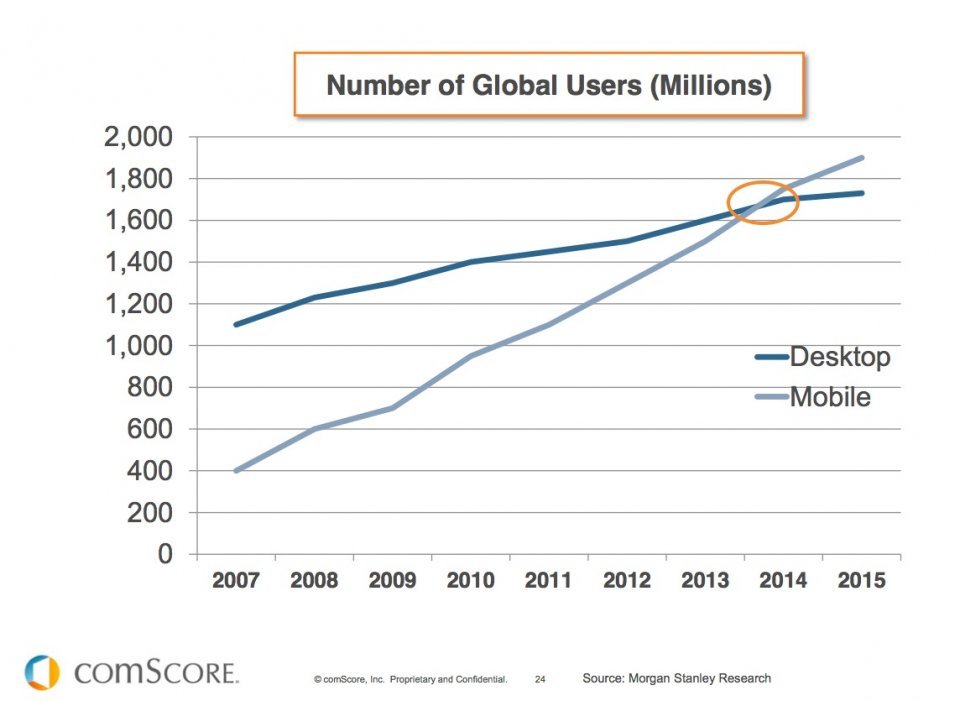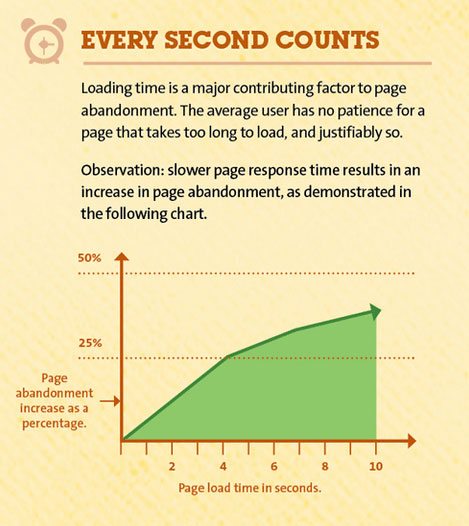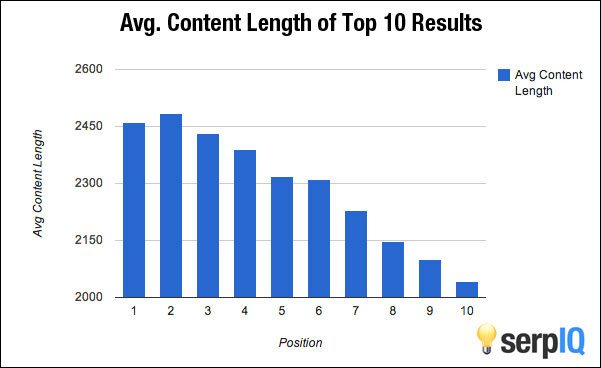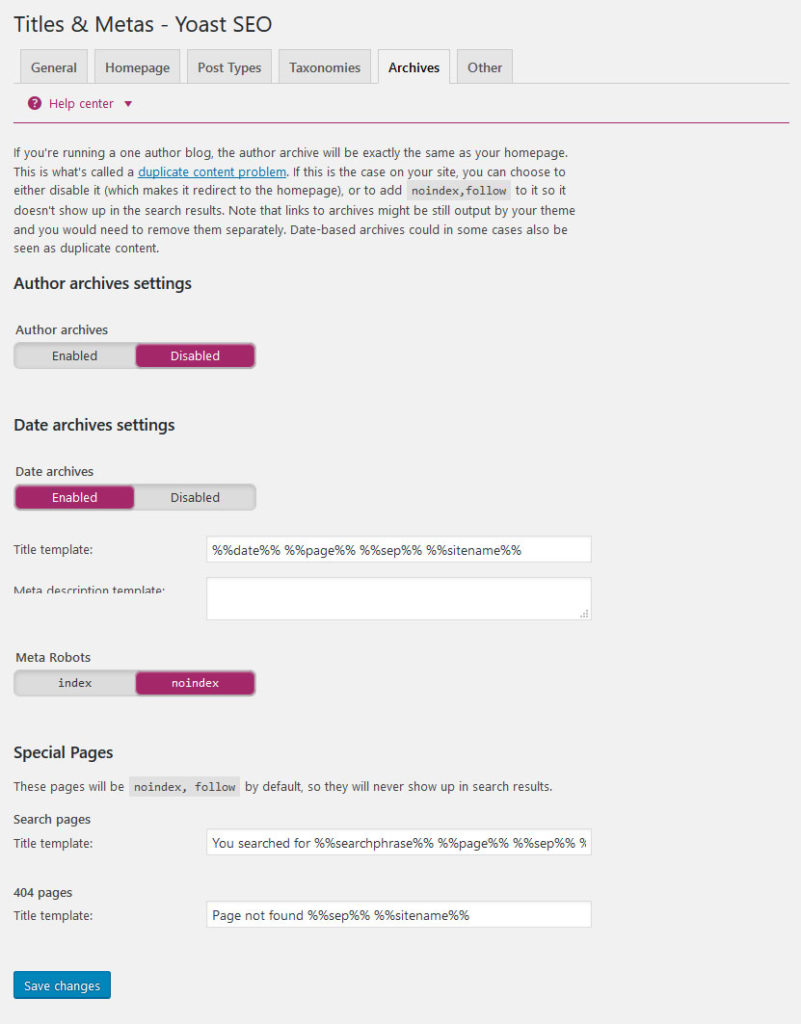Do you ever find yourself thinking something like, “Why is my WordPress site not ranking in Google? I have done everything right! I even installed an SEO plugin! Why is this happening!? I hate my life.”
I get it, it can be frustrating. Putting in all that effort to optimize your site, reading awesome articles on search engine optimization like these:
- WordPress SEO 2018 – How to Dominate Search Rankings This Year
- Voice Search Optimization – How to Do WordPress SEO for Voice Search
- WordPress On-Page SEO: How To Do It Perfectly
And yet nothing. You are still banned to page five of the Google search results or don’t show up at all. If only you knew why at least then you could make some changes.
Well, that’s what we are here for. In this post, we will go over a couple of possible reasons why your WordPress site isn’t ranking in Google and what you can do about it. Do any of them apply to your site? Let’s find out.
Is Your WordPress Site Not Ranking in Google? Here’s Why
If you’re wondering why your website is not showing up in the search results, here are a couple possibilities.
1. You Are Actively Discouraging Search Engines
The first one can be painful to discover: You might be unknowingly but actively telling search engines not to index your site
How is that possible? Well, there are a bunch of ways this can happen.
The first one is built into WordPress and you find it under Settings > Reading.
If you find the above box checked, search engine spiders will leave your site well enough alone. Because you tell them to. Thankfully, remedying that situation is as easy as deactivating the setting and saving. Yet, after that it will still take a while until Google will include you in their index.
Another possibility might be that you have similar directives in your robots.txt. This is an important file that you can use to communicate with search engines. Follow the link and read the detailed article to see if you are accidentally telling them to bugger off.
If you find that you have been keeping the big G out of your site by accident, use our tips on how to get indexed by Google to start the recovery.
2. Your Site is Not Mobile Optimized
At this point, I shouldn’t have to tell you about the importance of optimizing your site for mobile devices. The tipping point at which more people started accessing the web on mobile devices vs desktop computers happened quite a while ago.
Besides that, everyone and your mom has been telling you to make your site responsive for years. For good reason. Google is rolling out their Mobile First Index as we speak. Therefore, you better make sure your site is up to snuff if you hope to rank anywhere close to the top.
To do so, you need to learn what makes a website mobile friendly and start implementing the advice. Yesterday. Doing anything else is a surefire recipe to find your WordPress site not ranking in Google.
3. An Overall Poor User Experience
Google’s declared goal is to bring order to the world’s information and deliver the best possible search results to its users. That includes the best delivery of said information.
A huge part of that is user experience. If visitors don’t have a good time on your site, Google will notice it from all the data on user engagement they are tracking (more on that below).
One of the most important factors for UX is page-loading speed.
Therefore, one of the most important things you can do to improve your Google ranking is learn how to speed up WordPress. Enabling Gzip compression is a biggie in this area.
Aside from that, invest in great web design, clear site navigation, use multimedia and create awesome content. Find more advice on how to improve your user experience here.
4. Your Content is Overly Optimized
While doing on-page SEO is important, you can also do too much of it. This often happens when you are too focused on pleasing search engines and stuff keywords into every nook and cranny.
If you think that could be the reason for your WordPress site not ranking in Google, it’s important to remember to write for readers first and search engines second.
So, if your pages are falling behind in the SERPs, go through them again and see how you can make them better for your primary users. Maybe you need to invest in some copywriting, add images to your content and overall increase the value you are delivering.
This strategy is much better in the long run than trying to hack search algorithms.
5. Your Content Lacks in Quality
Another reason for your WordPress site not ranking in Google can be that your content quality sucks. For example, maybe there just isn’t enough of it. After all, content length is directly correlated with performance in the SERPs.
Therefore, to rank well, it’s better to create a few awesome resources than many small fluff pieces. If you think that could apply to you, it’s time to dive into your Google Analytics and find content that doesn’t perform well. Then, either delete it or improve it, for example by consolidating several pieces into one.
6. Insufficient Off-Site SEO
While there are many ranking factors that go into where your pages will show up in Google, the two most important are still content and links. I’m not making this up, it is coming directly from Google.
So, if you think your content isn’t the problem, maybe you just haven’t made the effort to get quality links to your site. While some linking will happen naturally (if your content is good), you also have to actively go out and build links. This post has some great advice on how to do that.
However, the contrary can also be true. If you have engaged in some “unnatural” link building activities (or someone else has in order to harm you), Google might be punishing you for it. In that case, you might find a message to that effect in Google Search Console. Should that apply to you, this post will help you clean up the mess.
Generally, you can use tools like Ahrefs and OpenLinkProfiler (free) to analyze the backlink profile of your pages. Aside from that, make sure you spend as much time promoting your content as you do creating it. Read our article on how to increase site traffic without creating new content for ideas.
7. The Competition is too Powerful
I’m all for tackling big goals and challenging yourself to play at the top of your industry, however, once in a while you can bite off more than you can chew.
In SEO terms that is when you target keywords for which you have very little chance to hit the front page because the competition is too strong. In that case, the effort it would take to get there would be better spent elsewhere.
It’s why keyword research is so important. It helps you figure out whether the key phrases you are trying to rank for are achievable.
One of the best ways to break into a niche even if the competition is strong is to go for more specific, long-tail keywords. That means, instead of trying to rank for “SEO services,” go for “SEO services Chicago” or “SEO services for small business.”
These longer keywords get less traffic, however, they also have less competition. Plus, you get qualified traffic that is more likely to convert.
8. You Have Changed Your Permalinks
Another reason why one of your pages might stop ranking in Google is if you change its permalink. That is the URL under which it is available.
There can be good reasons to change it and it’s not a problem with new websites. However, on an established website doing so can really do a number on your rankings. Even if you set up 301 redirects, you will still lose some of the original SEO juice.
Bottom line: try not to mess with your URLs too much.
9. You Recently Implemented SSL/HTTPS
Encrypting your website tractive is increasingly becoming mandatory. If you handle sensitive information (such as an online shop), you need it anyway. However, even for “normal” sites, it’s a good idea to switch to HTTPS. It’s a sign that visitors can trust, you offers benefits for SEO and even makes your site faster.
The only problem: Google considers the http:// and https:// version of your site as two different domains. We have just talked about the problems of changing your permalinks. Well, if you switch to SSL, you are basically changing all your URLs. Therefore, a drop in your rankings is likely, even expected.
However, the good news that in the long run, having an SSL certificate will likely benefit your rankings. You just need to get through the dip in rankings first.
10. Your Site Contains Too Many Affiliate Links
Building an affiliate website is a good way of monetizing your site. It’s also one that Google usually doesn’t object to unless you are overdoing it.
This, again, goes back to user experience. Constantly being sold something is not great for visitors. So, if you fill every article with affiliate links, it might get you penalized.
If you think that might be a problem for you, consider creating dedicated pages for products you are affiliated with. Then, link to those pages instead of adding direct affiliate links.
11. A Lack of User Engagement
With the introduction of Google RankBrain, the search engine is starting to care more and more about markers of user engagement, such as:
How much more do they care? A lot.
Remember how I said that content and links are the most important ranking factors? Well, by now the third most important is RankBrain. It also jumps into action for every search query.
So, if think that your site might be lacking in user engagement, you would do well to check out the links above and take corrective action.
12. Duplicate Content
Speaking of bad user experience, another contributor for that is duplicate content. That’s why it’s a big no no for search engines and can get you punished.
One of the easiest ways to create duplicate content is when you have several pages that differ only slightly and aim for related keywords. This is an outmoded form of SEO that you should no longer engage in.
Instead, as mentioned earlier, consolidate all that content into a bigger, more useful resource that can rank for all keywords at once.
However, a duplicate can also happen in WordPress through the different archives that the CMS creates.
Especially on single-author sites, many of these will be almost identical. Therefore, it makes sense to set some of them to noindex. Yoast SEO can help you do that.
To find out if your site has problems with duplicate content, use Google Search Console or this service.
13. You Have Incurred a Penalty
Finally, one of the main reasons that get a WordPress site not ranking in Google is if the search engine has slapped it with a penalty. In that case, you are not the victim of an algorithm change but are actively being punished for something.
Some of the above can be grounds for that. However, there are many more reasons why penalties can happen. To find out what they are and how to recover, read this article.
Did You Find Your WordPress Site not Ranking in Google?
Finding that your SEO efforts have seemingly been in vain can be a real disappointment. Especially if you don’t know the reason.
Thankfully, with the list above, you now have many factors to check and can take action to correct the situation. Let’s summarize once more what to look into:
- Actively blocking your site from being indexed
- Lack of mobile optimization
- Poor user experience
- Overly optimized content
- Inferior content quality
- Not enough off-site SEO
- Trying to rank for competitive terms
- Change in URLs/permalinks
- Recent switch to SSL/HTTPS
- Too many affiliate links
- Lack of user engagement
- Duplicate content
- Penalty from Google
If none of the above are working for you, you can try a more technical approach like this one.
The most important thing is to keep calm and analyze the situation. There’s always something you can do. It might take a while, but if you put in the time, create the best site you know how and regularly put out awesome content, there is no reason why your rankings shouldn’t improve.
Do you find your WordPress site not properly ranking in Google? What do you suspect as the reason? Let us know in the comments section below!








4 Comments
Join the conversation